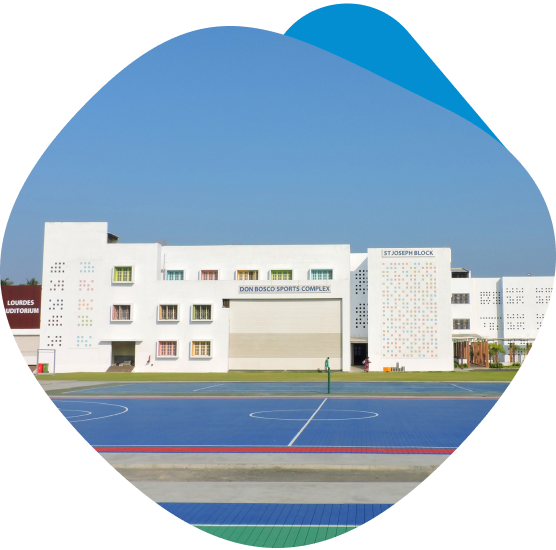Every parent wants the very best for their child. Due to the sheer number of options available, selecting the right school for your child can be a bit confusing. If you want your child to study in an environment that promotes academic excellence, holistic growth, and global competitiveness, you must consider admission to a prestigious CBSE school. Many CBSE school grade 6 to 8 and beyond are renowned for their balanced approaches towards learning. They strive to provide students with a robust foundation for future success. These schools incorporate innovative teaching methods and follow a structured framework to equip students with the knowledge and skills they need to succeed.
Whether your child is about to begin her/his academic journey or simply explore educational options, a good understanding of the CBSE curriculum would help you make an informed decision.
Understanding CBSE: The Most Robust Board
The Central Board of Secondary Education (CBSE) is a national education board in India. It is responsible for setting standards and guidelines for affiliated schools across the nation. The CBSE was established in 1929 and aims at providing a uniform education system across the nation. The board strives to ensure quality and consistency in learning and teaching. Its mission is to promote holistic development and academic excellence with a structured curriculum and regular assessments. The CBSE board has undergone several restructurings over the years and was reconstituted in 1962.
The CBSE board operates under the Ministry of Education, Government of India, and oversees a network of almost thirty thousand affiliated schools within India and internationally. The board offers comprehensive guidelines for educational policies, examination patterns and curriculum design. They see to it that the affiliated schools adhere to standards, maintaining a consistent quality of education.
Overview of the Curriculum Framework
The CBSE curriculum provides a comprehensive and holistic learning experience. It includes core subjects like Languages, Social Studies, Sciences, and Mathematics. The curriculum is structured into three levels:
- Primary Stage (Classes 1-5).
- Secondary Stage (Classes 6-10).
- Senior Secondary Stage (Classes 11-12).
Every stage has a specific focus, building on skills and knowledge in a progressive manner. The CBSE curriculum for kindergarten is also followed by certain schools. The curriculum supports early childhood development and enables young children to explore and develop important life skills. At the kindergarten stage, CBSE schools focus on encouraging skills like creativity, problem-solving, and critical thinking, vital to the overall growth of a child. These schools give young learners the chance to take part in a variety of engaging activities to explore their interests, learn new skills, and develop self-confidence.

National and International Recognition
The CBSE curriculum is not just recognised across India, but also in several other parts of the world. It follows a standardised framework that helps ensure the students receive a quality education, which makes it easier for them to transition to international education systems.
Focus on Conceptual Clarity
The focus on understanding concepts rather than following the rote learning approach is among the standout features of the CBSE curriculum. Subjects like Science and Mathematics are especially taught with a high degree of focus on practical application, assisting students to have a robust foundation for higher education and professional careers.
Developing Life Skills
The CBSE secondary curriculum puts emphasis on the development of discerning life skills, including problem-solving, decision-making, communication, and critical thinking. CBSE schools for grades 6 to 8 focus on preparing students for success in all aspects of life.
Student-Friendly Learning Framework
The CBSE curriculum is renowned for being student-friendly. It has a flexible and well-structured syllabus that balances academic rigour with co-curricular activities. The curriculum ensures the students are able to unlock their full potential without being overwhelmed or discouraged.
Innovative Assessment Methods
The CBSE curriculum steers a bit away from traditional examination patterns and incorporates innovative assessment methods like periodic quizzes, experiential activities, and project-based learning. The Continuous and Comprehensive Evaluation (CCE) framework goes a long way in ensuring the holistic development of the students by evaluating both co-scholastic and scholastic areas.

Alignment with Competitive Examinations
The syllabus of the CBSE board is aligned closely with a number of national-level competitive exams like NEET and JEE. The alignment provides students with a distinctive edge as they prepare for these exams, thereby reducing the need for additional coaching.
The CBSE curriculum facilitates the holistic growth and development of children. It encourages students to excel in academics and hone their capabilities in sports, arts, music, and community service simultaneously. Such a well-rounded approach goes a long way in fostering creativity, teamwork, and leadership skills.



